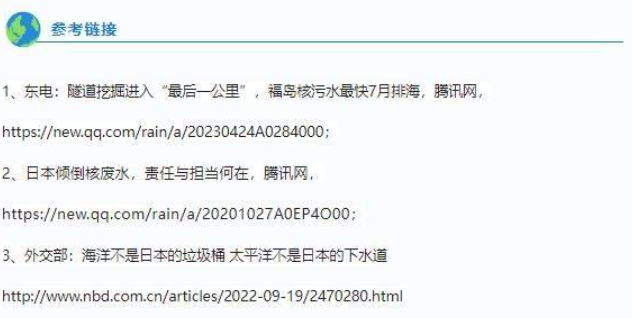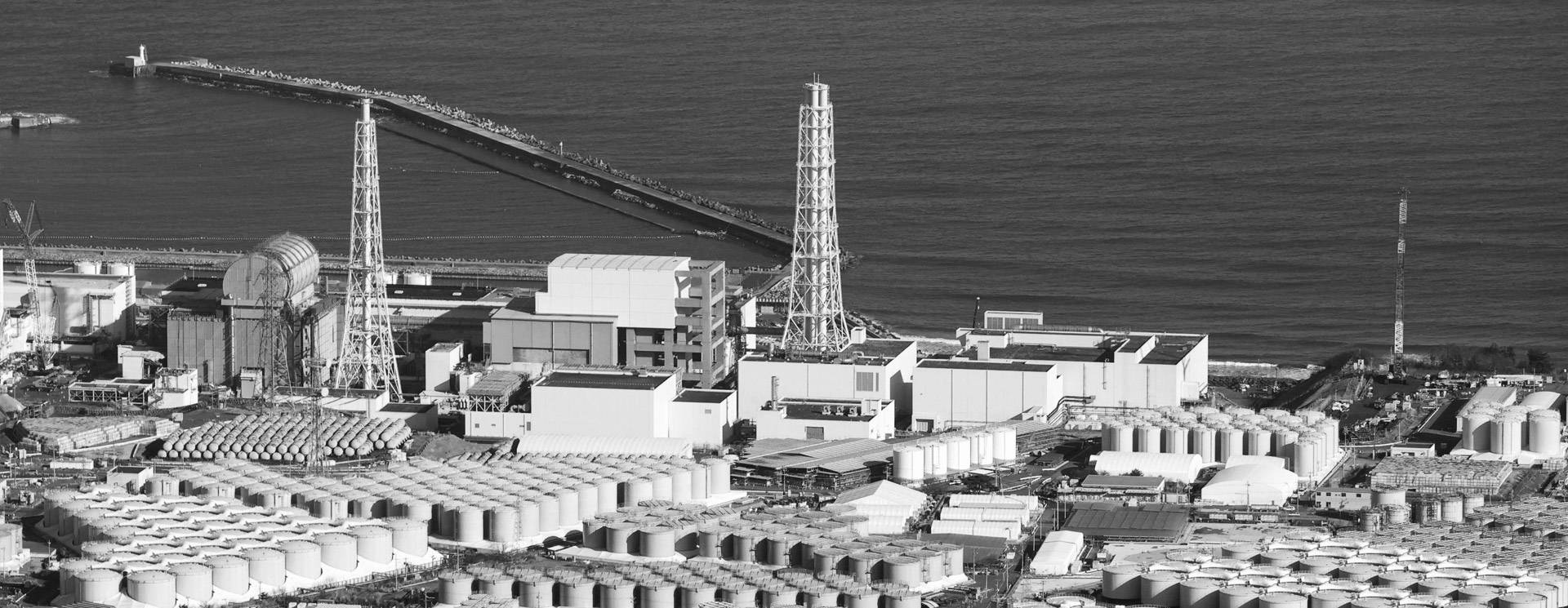In April 2021,the Japanese government announced plans to discharge 1.3 million tons of Fukushima nuclear contaminated wastewater through a submarine tunnel to the offshore area 1 kilometer from the coast in the spring and summer of this year.
Tokyo Electric Power Co.said on April 22 that the undersea tunnel excavator has arrived near the exit 1 km offshore and will enter the final process.At the same time,it said that it aims to complete the preparation work including the discharge-related equipment in the nuclear plant by the end of June,and the discharge operation will start in July at the earliest.Now that it is almost May,the time for discharging Fukushima nuclear contaminated wastewater to the sea is imminent.
Today we will discuss what is the concept of 1.3 million tons of nuclear contaminated wastewater?A standard swimming pool has a volume of 50 cubic meters(or 50,000 liters),which is equivalent to the water volume of 26,000 standard swimming pools;one person has 2 liters of drinking water a day,so 1.3 million tons of water would be the drinking volume of all of Japan(Japan has a current population of 126 million)for five days.
What's more frightening is that Fukushima nuclear contaminated wastewater is reportedly increasing at a rate of 170 tons per day,which is equivalent to 85,000 people's daily drinking water and 3.4 standard swimming pools.Once such a large amount of nuclear contaminated wastewater is discharged into the sea,the radioactive substances in it will inevitably damage the ecological environment of the world's oceans.
The Foreign Ministry spokesman emphasized that the ocean is not a garbage can for Japan,and the Pacific Ocean is not a sewer for Japan.The Japanese government's decision to discharge 1.3 million tons of nuclear contaminated wastewater into the sea is an extremely irresponsible act.The Japanese government should stop forcing the discharge of nuclear-contaminated water into the sea,seriously respond to the legitimate concerns of all countries,effectively fulfill its international obligations,conduct full consultations with stakeholders including neighboring countries and relevant international institutions,and find proper disposal solutions for nuclear-contaminated water in a scientific,open,transparent and safe manner.
We call on the Japanese government to comply with international conventions and dispose of Fukushima nuclear contaminated wastewater properly and safely,and not to make the world pay for the Fukushima nuclear accident in order to save its own costs.

